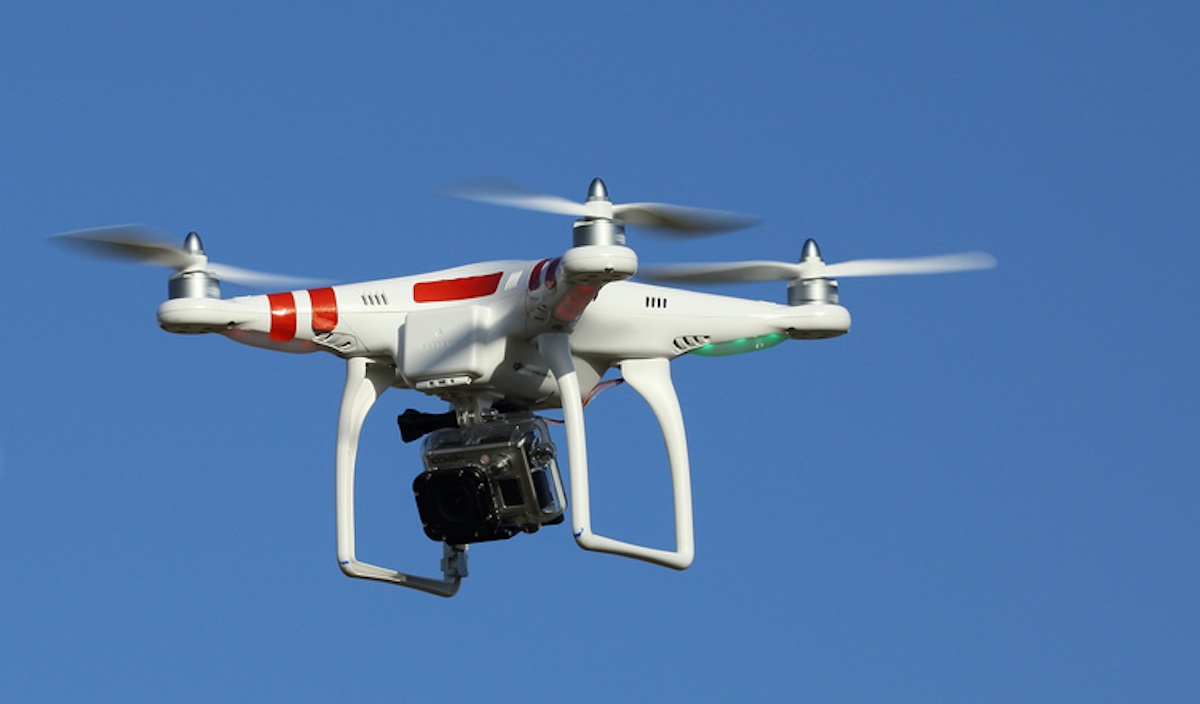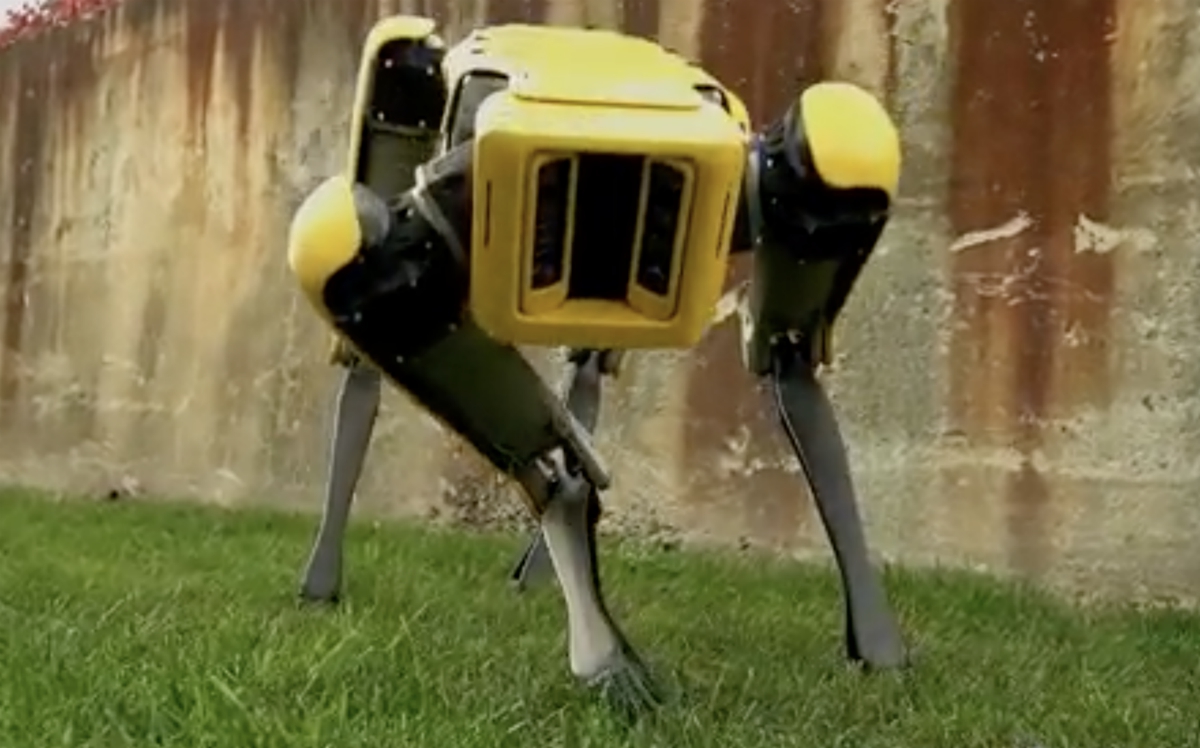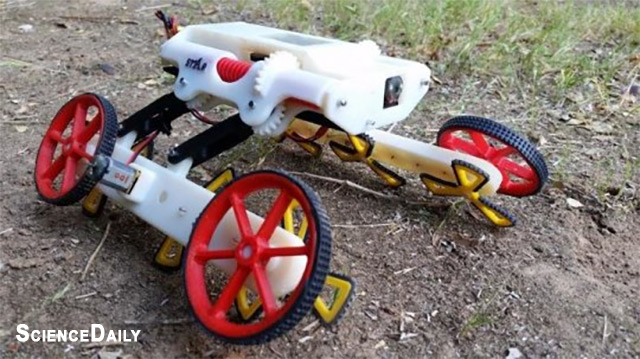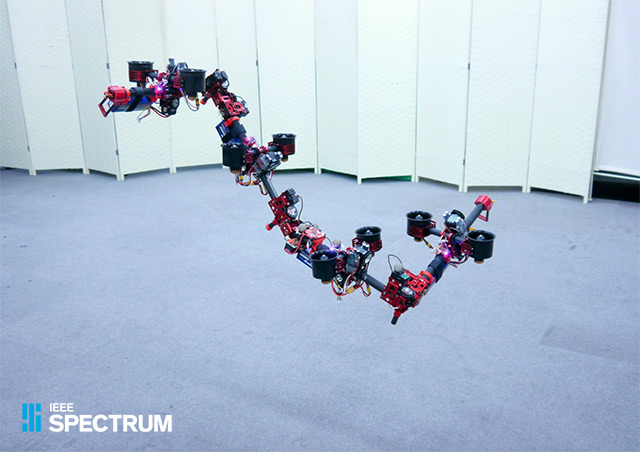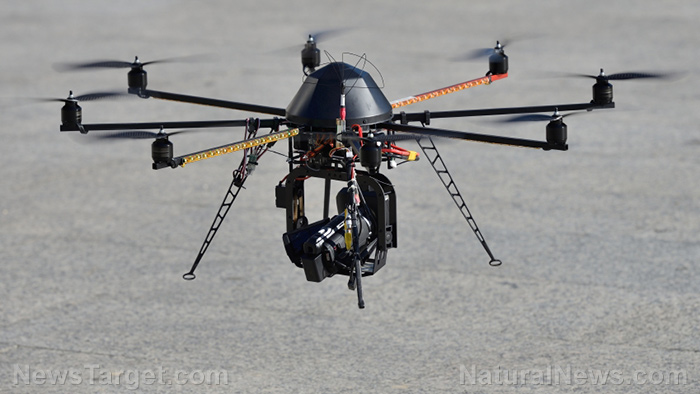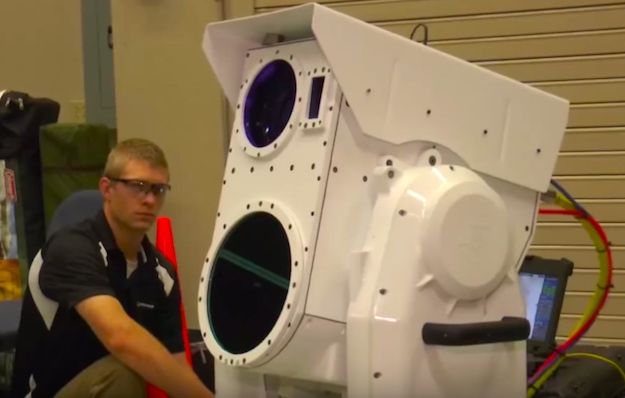Real life sci-fi: Minority Report-style security system in China called “Dragonfly Eye” uses AI to identify criminals using a massive facial recognition database
12/30/2017 / By Ethan Huff
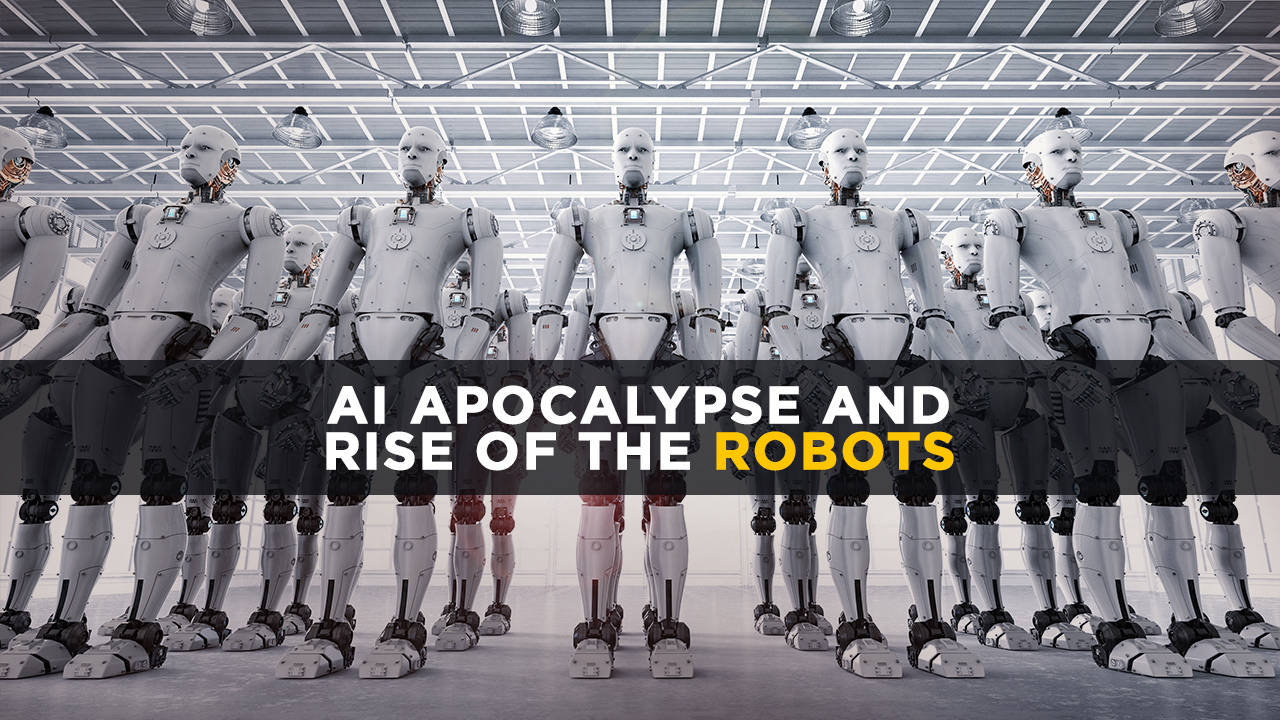
When moviegoers spent more than $132 million at the box office to watch Tom Cruise in the film Minority Report play the role of a futuristic police officer who utilized artificial intelligence (AI) technology to arrest individuals for committing “pre-crimes,” many of them probably had no idea that this dystopian concept would one day make its real-life debut in China.
New reports out of the communist regime reveal that an AI-equipped closed-circuit television (CCTV) surveillance system similar to what was depicted in Minority Report is now in place throughout Shanghai. It’s said to be able to pick out criminals on the street and verify their identities within seconds, by cross-referencing their photos from a national database of more than two billion faces.
Known as “Dragonfly Eye,” the highly advanced police state tool is a product of Shanghai-based Yitu Technology, which claims the system is beneficial in helping cops identify the whereabouts of people who commit crimes. Rather than have to conduct lengthy investigations, law enforcement can simply track the movements of every single person in the country and catch those of interest using just computers.
“Our machines can very easily recognise you among at least 2 billion people in a matter of seconds,” the company’s chief executive officer and co-founder, Zhu Long, is quoted as saying about the AI technology. “[This] would have been unbelievable just three years ago.”
Mass surveillance, spying to eventually facilitate shift away from money towards cashless society
One of the first successful catches made by Dragonfly Eye took place at a Shanghai Metro station back in January. The system identified a wanted man who was entering the station by matching his face to the government database, which immediately notified police in order for them to seize and take him into custody.
Chinese law enforcement reportedly made another 567 arrests in the three months following, which it’s using as a bragging right to claim that the system works and is promoting the greater good.
“It’s challenging for the government to police such a large population. And it would be impossible without technology,” Long stated to local media.
“Even when we have many cameras installed, it’s a hard task. You can’t watch all the videos, and doing a search is very time-consuming and requires too many resources to get meaningful results from such a huge amount of data. But artificial intelligence can do it easily, and by using existing infrastructure.”
But it won’t stop here, Long says. Eventually, Dragonfly Eye technology will probably be implemented not for purposes of catching criminals, but rather to lure people away from the use of paper money. That’s right: AI technology will eventually be used as the security system for managing a cashless society in which human “drones” make transactions with all-seeing-eye cameras that identify your bank balance using just facial recognition.
Other possible uses of such technology include tracking down and apprehending government dissenters who oppose this type of privacy invasion.
“It is designed to track and predict the activities of activists, dissidents and ethnic minorities, including those authorities say have extreme thoughts, among others,” warns the research and advocacy group Human Rights Watch (HRW).
The United States is reportedly toying around with similar concepts, including “pre-crime” AI systems that use “predictive policing” to detect individuals who may commit crimes in the future. By compiling and layering data from social media on the behaviors and thoughts of various members of society, such technology will be used to catch anyone who, at some point in the future, might do something that the government doesn’t like or deem to be acceptable.
See PoliceState.news for more coverage of police state tech.
Sources for this article include:
Tagged Under: AI surveillance, China, Dragonfly Eye, Facial recognition, fascist, Minority Report, police state, privacy, slavery, spying, surveillance, Tyranny

